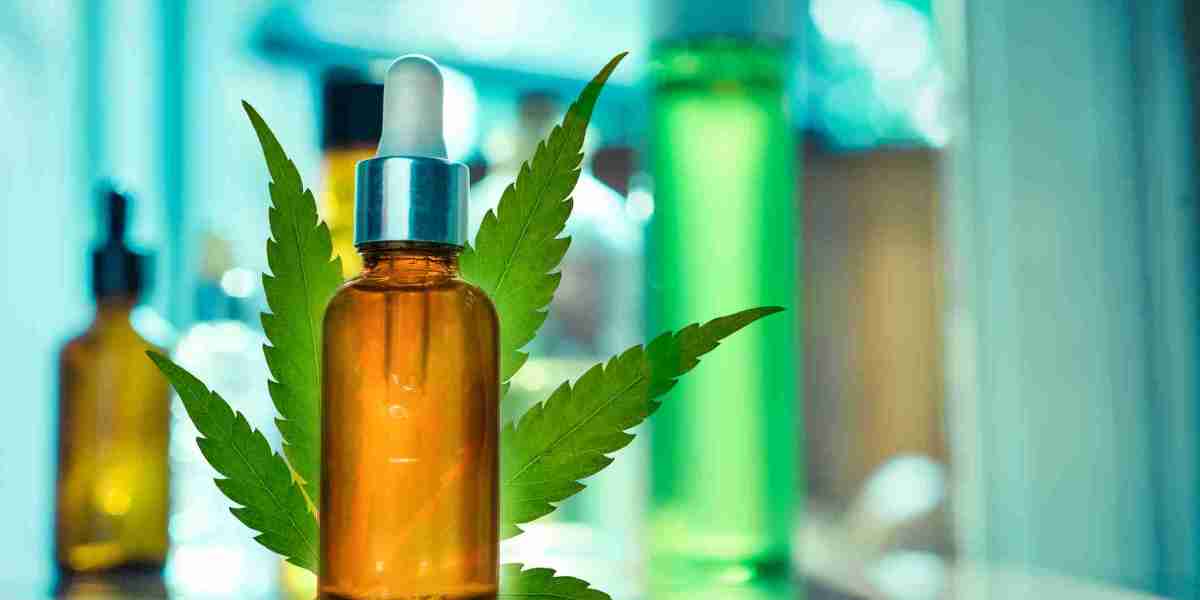The CBD oil market has experienced exponential growth over the last decade, propelled by increasing awareness of cannabidiol’s therapeutic benefits and changing global regulations. CBD (cannabidiol), a non-psychoactive compound derived from the cannabis plant, has become a key ingredient in wellness, pharmaceutical, and cosmetic products worldwide.
Market Overview
As of 2024, the global CBD oil market is valued at over USD 5 billion and is projected to grow at a compound annual growth rate (CAGR) of more than 20% through 2030. North America holds the largest market share, driven by the United States’ evolving legal landscape and strong consumer base. Europe follows, with countries like Germany and the UK showing increasing acceptance of cannabis-based wellness products. The Asia-Pacific region, while slower due to stricter regulations, is expected to be the next major growth hub.
Key Growth Drivers
Rising Health Consciousness: The global shift toward holistic health has contributed significantly to CBD oil demand. Consumers are increasingly choosing natural remedies for anxiety, chronic pain, sleep disorders, and inflammation—common issues that CBD oil claims to address.
Regulatory Reforms: Legalization of hemp-derived CBD in countries like the U.S. (with the 2018 Farm Bill) and ongoing regulatory relaxations in parts of Europe and Latin America have made it easier for businesses to operate and for consumers to access CBD products.
Product Diversification: CBD oil is now found in everything from tinctures and capsules to skincare, pet care, and even beverages. This diversification has enabled brands to target multiple demographics and increase consumer reach.
E-commerce Growth: Online retail has significantly boosted CBD oil availability. With improved logistics and digital marketing, brands can educate and reach consumers directly, bypassing traditional pharmaceutical or retail channels.
Market Segmentation
The CBD oil market is segmented based on source (hemp-derived vs. marijuana-derived), application (medical, personal care, nutraceutical, food & beverages), distribution channel (online, offline), and geography.
Hemp-derived CBD oil dominates due to its low THC content and legal status in many regions.
Medical use remains the largest application segment, particularly for epilepsy, anxiety, and arthritis.
Personal care and cosmetics is a rapidly growing segment, with CBD-infused serums, lotions, and balms gaining mainstream traction.
Challenges in the Market
Despite the strong growth trajectory, the CBD oil market faces several hurdles:
Regulatory Uncertainty: Differing national laws, unclear labeling standards, and slow approvals by food and drug authorities continue to hamper international trade and consumer trust.
Lack of Research: While anecdotal evidence is strong, more scientific studies are needed to validate CBD oil’s efficacy and safety. The lack of conclusive data often prevents broader acceptance by medical professionals.
Market Saturation and Misinformation: The influx of new entrants has led to quality inconsistencies, false claims, and low-grade products. Consumers must navigate a complex landscape of brands with little regulatory oversight.
Competitive Landscape
Major players in the CBD oil industry include Charlotte’s Web Holdings, CV Sciences, Canopy Growth Corporation, Aurora Cannabis, and Elixinol Global, among others. Startups and local producers also play a vital role, especially in niche and organic markets. Companies are investing in research and development, product innovation, and strategic partnerships to maintain a competitive edge.
Future Outlook
The future of the CBD oil market appears bright. Anticipated regulatory clarity, increased research funding, and continued consumer demand for natural health alternatives are likely to propel the market forward. Countries like India, Japan, and Brazil are also reconsidering their stance on CBD, which could unlock new opportunities.
Additionally, advancements in extraction technologies, nano-emulsification, and sustainable farming are set to improve product quality and reduce manufacturing costs. Education and transparency will remain key factors in building long-term consumer trust and brand loyalty.
Conclusion
The CBD oil market is in a pivotal phase, transitioning from novelty to necessity in the eyes of many health-conscious consumers. While challenges persist, the combination of regulatory progress, market innovation, and growing demand is likely to sustain its growth momentum in the coming years.



